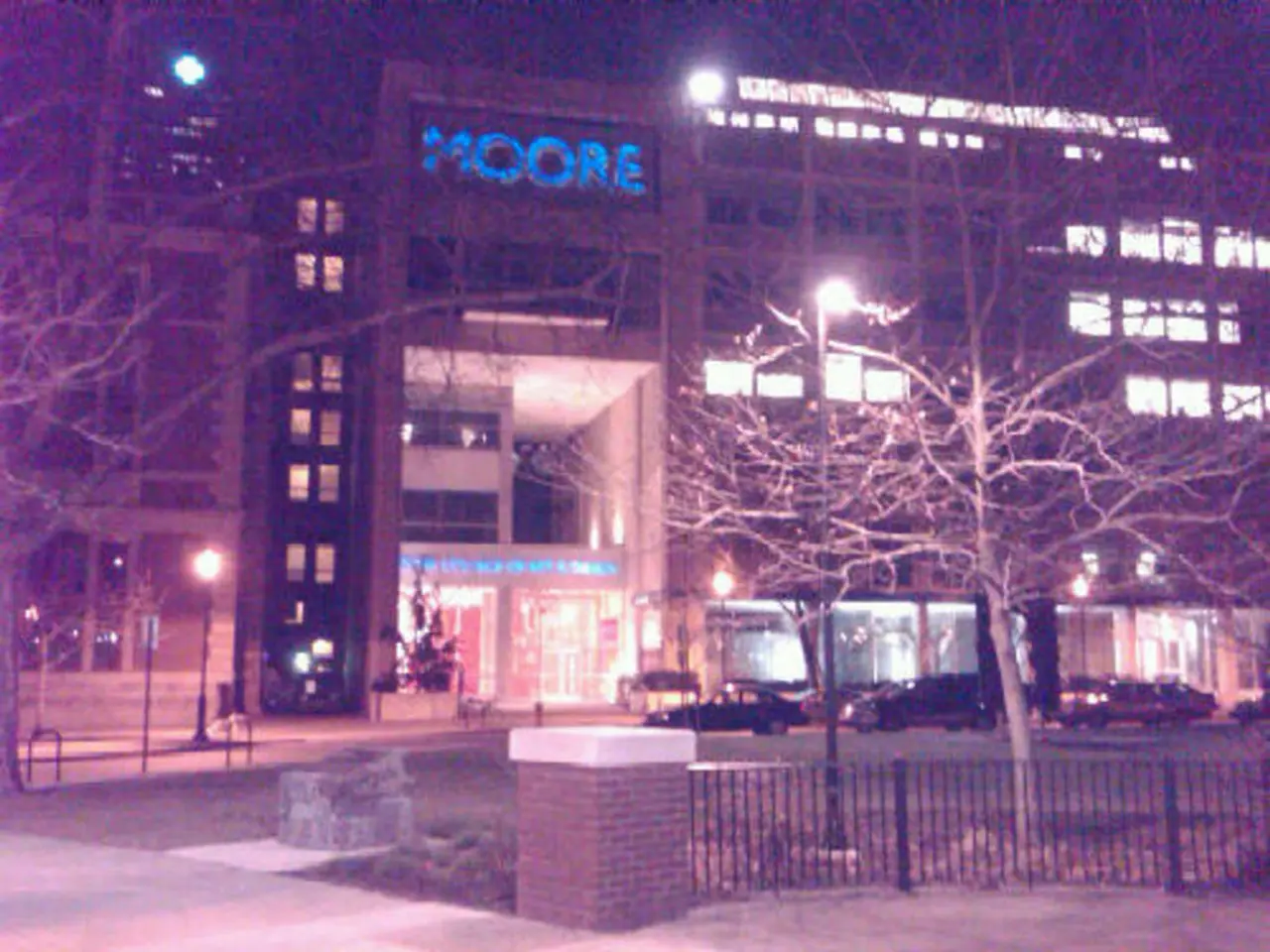Leader advocates for fiscal austerity
University Medical Center Mainz Aims for Balanced Budget by 2030
The University Medical Center Mainz (UMC Mainz) has made significant strides in financial management, as it managed to keep its deficit below the 100 million euro mark in 2024, ending the year at 96.7 million euros. This achievement, according to Ralf Kiesslich, the chairman of the board and medical director of UMC Mainz, is a step towards the goal of achieving a balanced budget by 2030.
Kiesslich, who took office at the beginning of last year, has been instrumental in driving the hospital's financial recovery. The UMC Mainz aims to achieve this goal by implementing future programs and strategies, such as sharing resources like beds and operating capacity to improve efficiency.
One of the strategies that have contributed to the hospital's financial improvement is the achievement of higher reimbursement rates in the outpatient sector. This was achieved through better negotiations with payers (health insurance companies).
The UMC Mainz is also undergoing structural changes in its central emergency department, with related medical fields now operating under one roof. This reorganisation is expected to further improve operational efficiency.
The state is providing significant support to the UMC Mainz this year, with a volume of 400 million euros to partially relieve the university hospital's debt burden. This support is a testament to the importance of the UMC Mainz, the only university hospital in Rhineland-Palatinate, in the region's healthcare system.
The demand for a balanced budget before interest and taxes by 2030 was a demand from the supervisory board, chaired by the Rhineland-Palatinate health minister, Clemens Hoch (SPD). The specific strategies and their impact on the hospital's financial situation have not been detailed by Ralf Kiesslich or official UMC Mainz sources.
However, hospitals aiming for balanced budgets by such timelines typically focus on strategies including cost optimization, increasing operational efficiency, expanding outpatient and digital services, and revising care delivery models. Without direct citations or statements from Ralf Kiesslich or official UMC Mainz sources, specific strategies and their impact cannot be confirmed or detailed here.
The UMC Mainz continues to work towards its financial goals, with the aim of providing high-quality healthcare to the people of Rhineland-Palatinate.
- The UMC Mainz is focusing on strategies such as sharing resources, improving efficiency, and higher reimbursement rates in the outpatient sector to achieve a balanced budget by 2030, as mentioned by Ralf Kiesslich, the chairman of the board and medical director.
- In addition to financial management, the UMC Mainz is also implementing structural changes, like centralizing the emergency department and related medical fields, to enhance operational efficiency in health-and-wellness facilities.
- Beyond finance and business, the UMC Mainz strives to provide top-notch healthcare services to the region, aligning with the demands from the supervisory board, chaired by the Rhineland-Palatinate health minister, Clemens Hoch (SPD), for a balanced budget before interest and taxes by 2030.




